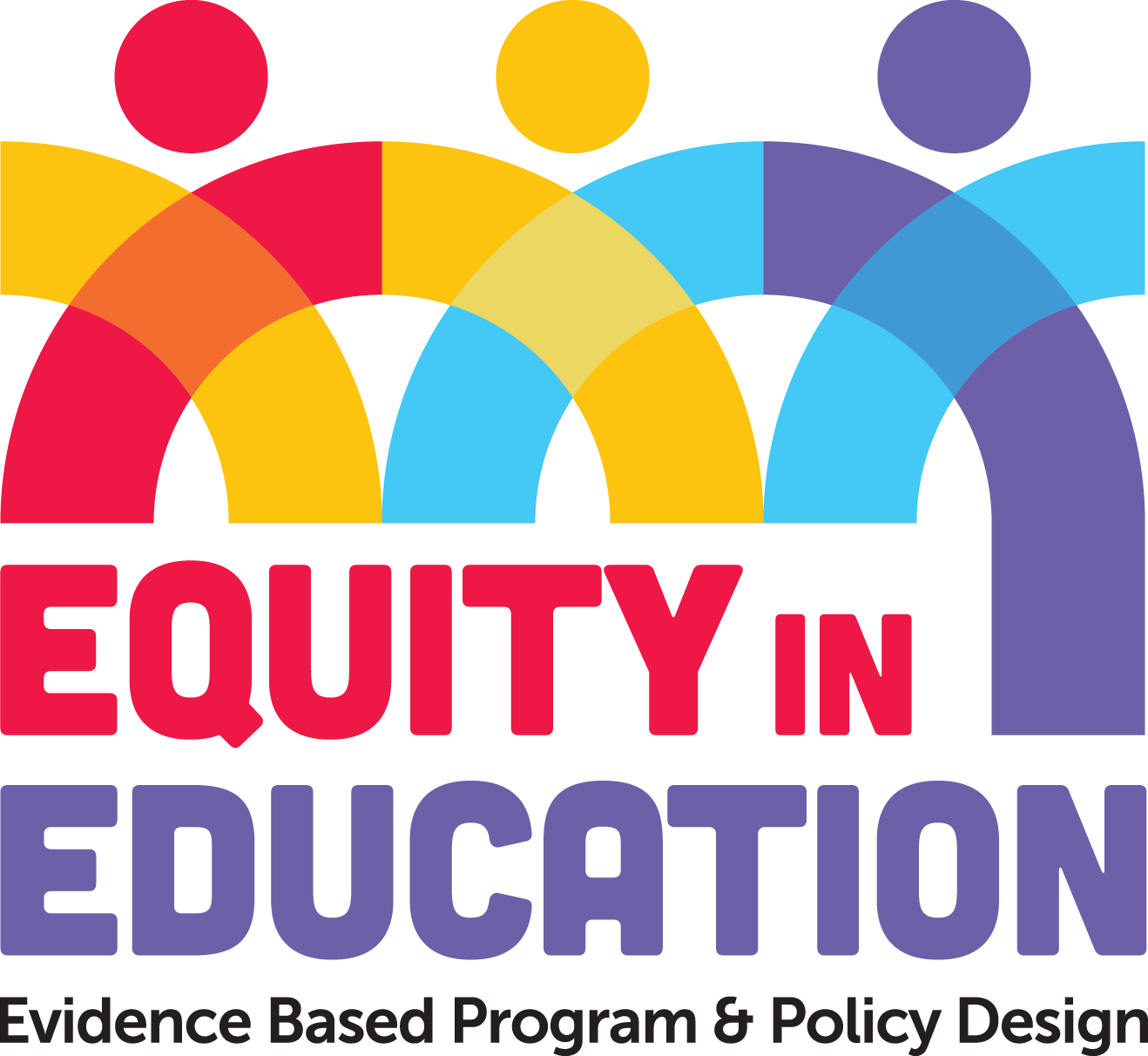COVID-19 has forced most of post-secondary education to go virtual. Could this moment be an opportunity to make credentialing programs more flexible and modular?
The current experiment with virtual learning has provided proof of concept, demonstrating that online approaches, while not perfect, can be a viable form of skills delivery. As we see a longer-term shift towards remote work and a digital economy, students that can navigate remote-learning environments may even have advantages over those who completed their schooling in traditional settings.
Investing energy into addressing systemic issues within online learning contexts will have important implications for shaping educational pathways and school-to-work transitions, decisions around student mobility and post-secondary funding. In a rapidly shifting landscape, universities and colleges are positioned to play a vital role responding to the changing needs of learners and society.



